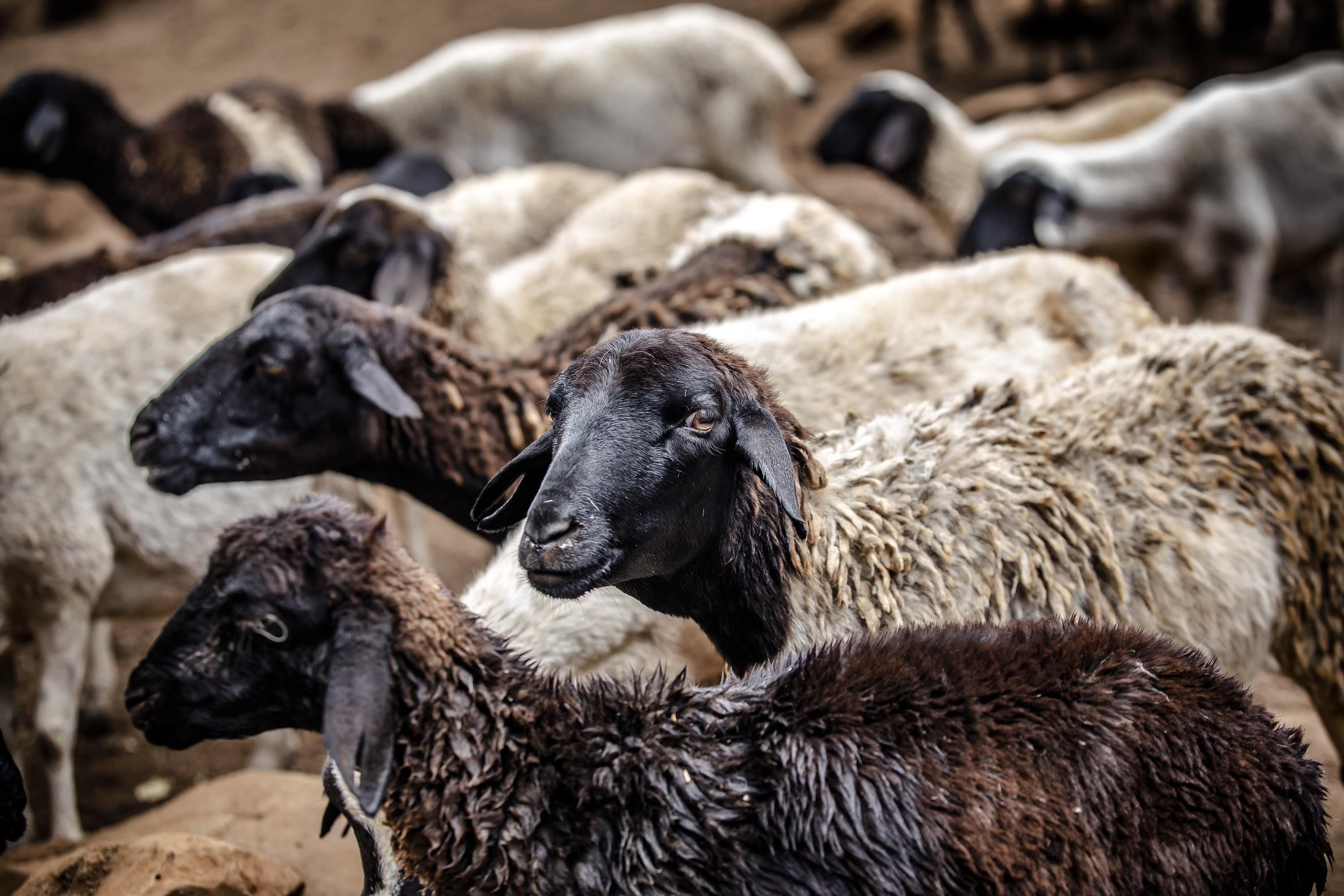Peste des Petits Ruminants (PPR), also known as sheep and goat plague, is a highly contagious animal disease affecting domestic and wild small ruminants. When introduced into a previously naïve area, the virus can infect up to 90 percent of an animal herd, and the disease kills up to 70 percent of infected animals.
Led by two agencies, the Food and Agriculture Organization of the United Nations (FAO) and the World Organisation for Animal Health (WOAH), and housed under FAO headquarters, the PPR Global Eradication Programme (GEP) Secretariat is coordinating global actions in controlling and ultimately eradicating this deadly disease.
The Secretariat reports to the Global Framework for the Progressive Control of Transboundary Animal Diseases (GF-TADs) Management Committee for guidance and coordination with other GF-TADs initiatives. It also reports to the co-chairs of the Steering Committee of the GF-TADs Steering Committee.
The management of the PPR GEP include i) the PPR Advisory Committee, which provides strategic and technical advice to FAO and WOAH and ensures effective oversight of the PPR Secretariat; ii) the PPR Global Research and Expertise Network (PPR-GREN) that fosters science-based and innovative research and debate on PPR; iii) the group of Rome-based UN Agencies Permanent Representatives Friends of PPR GEP (“Friends of PPR Eradication”) assisting with advocacy with various high-level stakeholders and iv) the PPR GEP Secretariat.
The PPR Secretariat ensures the overall oversight, coherence, facilitation, consensus building and management of the PPR GEP and liaising through decentralized offices and other units with the Regional Economic Communities (RECs) and countries at different levels to promote and support PPR GEP with resource partners.
The PPR GEP Secretariat also works to advocate for the PPR GEP by representing FAO/WOAH at international, regional and national meetings, identifying partners/areas for complementarity, and recommending, when needed, appropriate collaborative actions. The Secretariat is also responsible for the overall management and implementation of the programme, in liaison with FAO and WOAH reference centers on PPR, small ruminant production and health, applied diagnostic and epidemiological themes and vaccine production in support of the implementation of the PPR GEP at regional and country levels.
The PPR GEP Blueprint has then been expanded beyond the framework of a single disease programme to become a disease eradication effort that also covers multiple technical objectives in line with the global development agenda within the context of a programme. The key strategies for its implementation include:
- Adopt episystems as the primary focus for the management of the PPR GEP Blueprint;
- Improve access to animal health delivery services;
- Enhance Public-Private-Community Partnerships (PPCPs);
- Strengthen multi-sectoral and multi-stakeholder partnerships and coordination.

